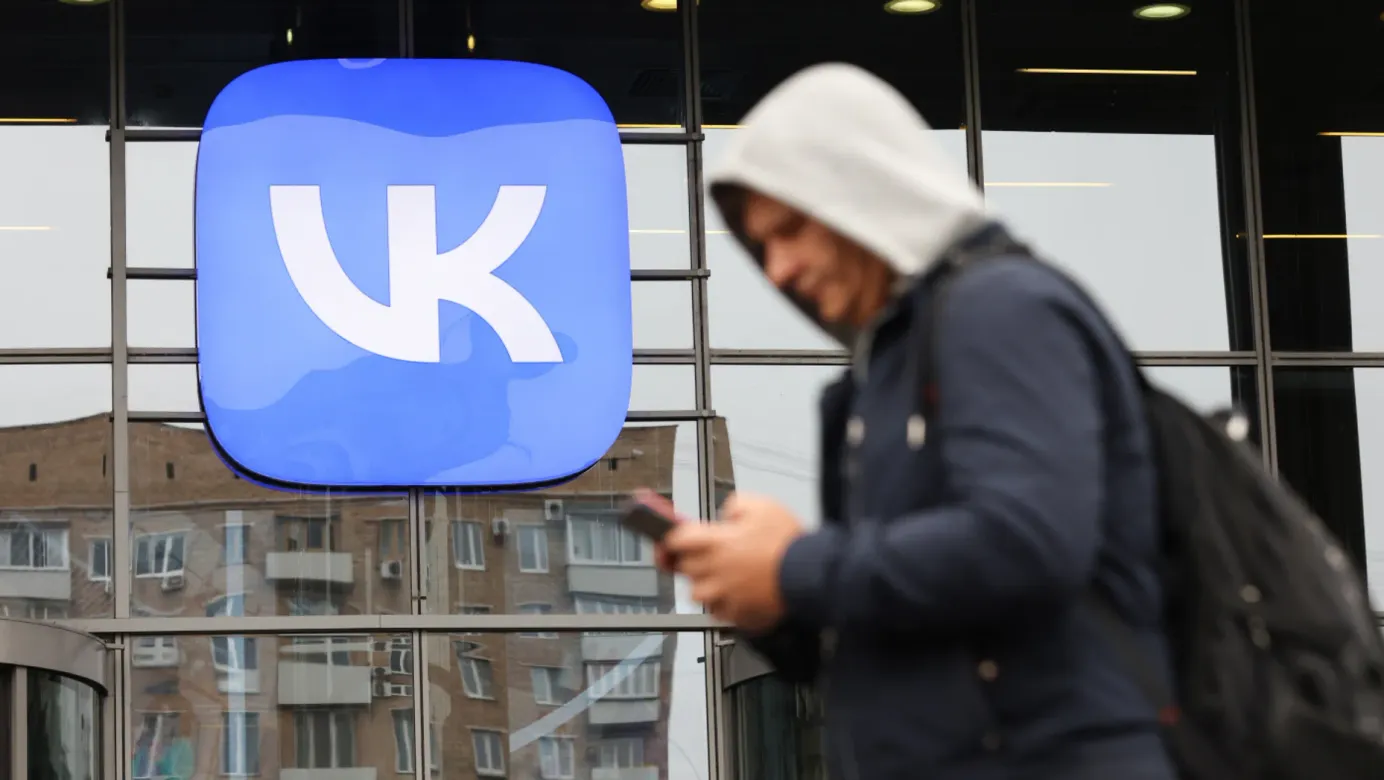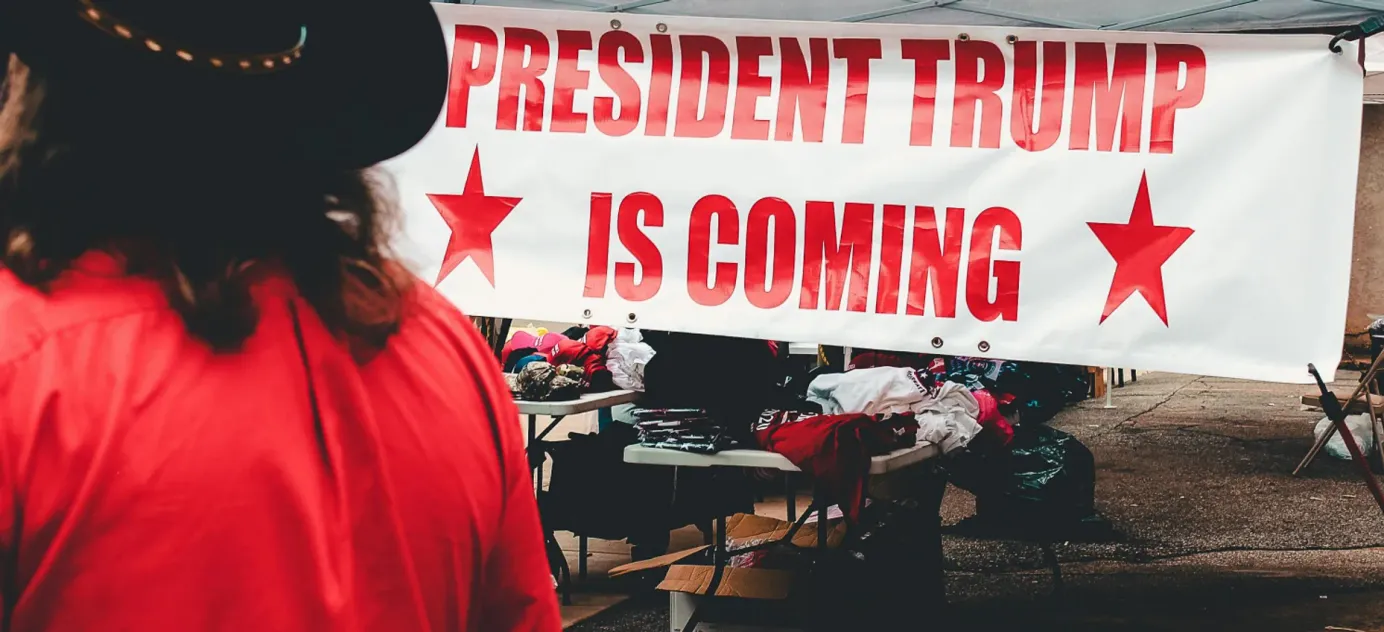
Russia opts for nationalization of foreign firms
More than 14 months after launching the invasion of Ukraine, the Kremlin has begun to nationalize the assets of foreign companies. A presidential decree published Tuesday bestowing the new powers said they were in response to the nationalization of Russian assets abroad. The first targets were Finland’s Fortum and Germany’s Uniper, two of the biggest investors in Russia’s power industry. The Kremlin’s actions show that the war of sanctions between Russia and the West is moving to a new level.
What happened
The decree is a framework that allows ample scope for creativeness: a list of target companies will be drawn up by the government and can be expanded. However, President Vladimir Putin picked out two companies whose assets were immediately under the management of the Federal Property Management Agency. These were the electricity assets of Finnish company Fortum (53.03% owned by the Finnish government) and 83.73% of Unipro JSC, which operates five power plants and is owned by Germany’s Uniper (nationalized by the German authorities in 2022).
“This decree is a response to the aggressive acts of unfriendly nations, which are aiming to create a regulatory framework for the actual seizure of Russian assets abroad,” said presidential press spokesman Dmitry Peskov. If any frozen assets are seized, Russia will follow the principle of “an eye for an eye,” Dmitry Medvedev warned.
What’s it apparently in retaliation to?
State-owned gas giant Gazprom was one of the first Russian companies to be targeted in the European Union — in particular, Gazprom Germania, which operated 14% of gas networks and 28% of gas storage in Germany, was put under external management. In September. Germany also transferred state-owned Rosneft's 54.17% stake in an oil refinery in Schwedt to the control of a German federal agency.
Rosneft made a legal challenge, but last month a court in Leipzig took the side of the German authorities. The ruling noted that Rosneft’s assets had not been nationalized, but that external management was essential to ensure their smooth operation.
Who will take charge of the assets?
The transfer of Fortum and Unipro’s assets to the Federal Property Management Agency is a technicality. Deputy Finance Minister Alexei Moiseyev said Thursday that, in reality, they will be given to Russian companies that have had assets frozen in the West.
The day after Putin’s decree was published, the board of Fortum’s Russian business fired Alexander Chuvayev, who has been in charge since 2009, on the orders of the Federal Property Management Agency. He was replaced by Vyacheslav Kozhevnikov, ex-deputy chief power engineer at Rosneft’s Bashneft-Dobycha. On the same day, Vasily Nikonov took over at Unipro, having previously held a top job at Rosneft.
Several analysts confidently predicted Sechin’s Inter RAO would ultimately take charge of Fortum and Uniprо. Indeed, Putin’s decree enables any Russian company — including Inter RAO — to become an external manager. However, there are additional sanctions risks to such a step — and it is easier to control a company by appointing loyal managers.
Why the world should care
It’s entirely possible that these tit-for-tat expropriations between Russia and the West will end now. Major Russian state companies have no more major assets in the EU. It’s unlikely Russia will seize private foreign companies so as not to jeopardize the assets of Russian companies abroad. That means there is little reason to fear the nationalization of foreign banks in Russia, for example.
However, it’s too early to relax. The Kremlin last year refrained from direct nationalization of foreign-owned assets for two reasons. Firstly, it would have been a negative signal to investors from Asia and the Middle East, upon whom Russia is now counting. Secondly, many technocrats were still pinning their hopes on a return to business as usual. The decision to “nationalize” assets is a new step in the sanctions war — and it looks like the Kremlin would be willing to escalate further.





